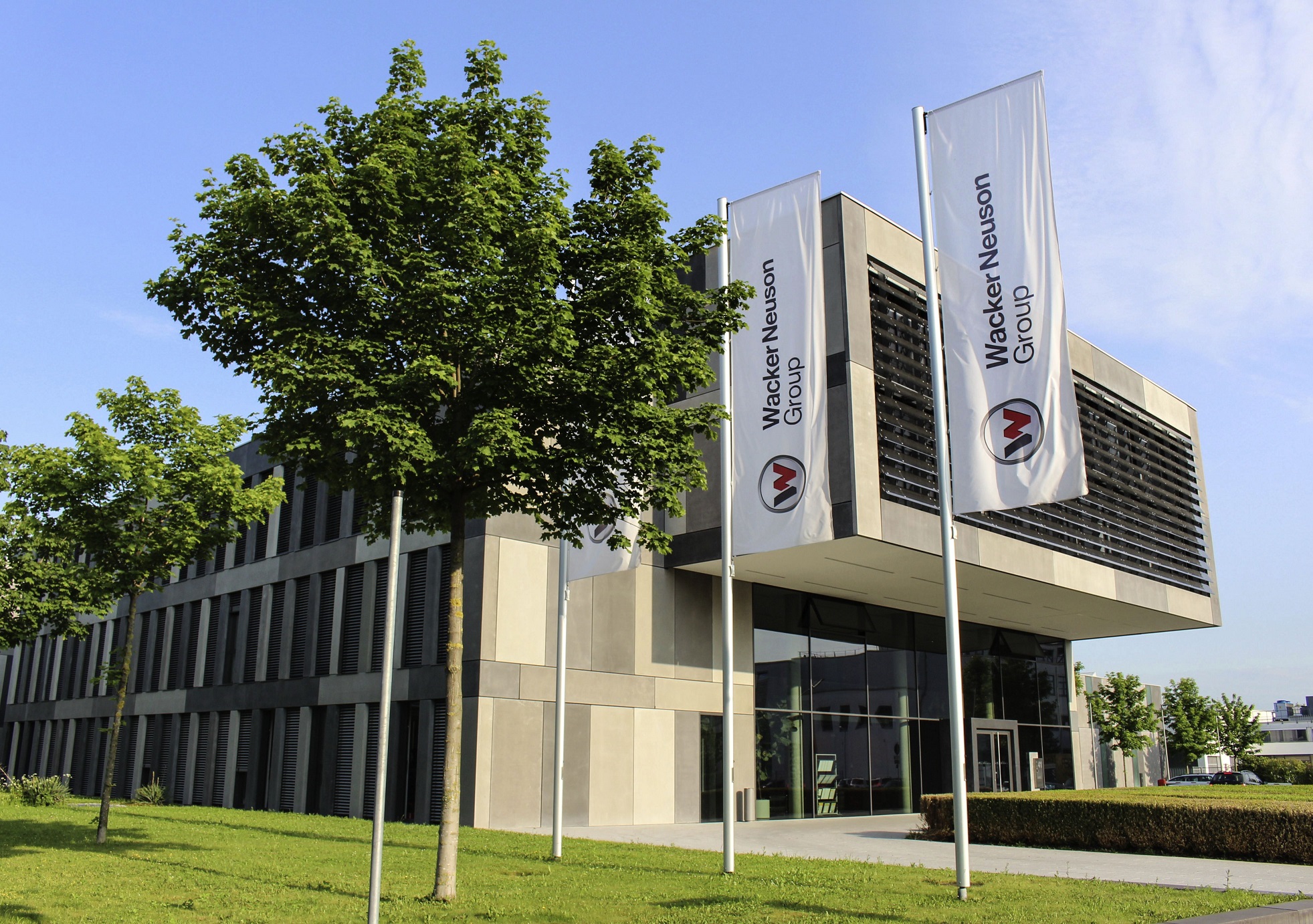
The German-based cement and compact construction equipment manufacturing group made revenue of €521.6m in Q1, a rise of 20.2% relative to the previous year (€434m).
However group profitability was impacted by inefficiencies caused by continued supply chain strains and sharp rises in input costs. Earnings before interest and tax (EBIT) fell 10.3% to €39.1m (Q1/21: €43.6m). The EBIT margin amounted to 7.5%, which represents a decline of 250 basis points (Q1/21: 10%).
Karl Tragl, chairman of the executive board and CEO of the Wacker Neuson Group, commented: “Despite continued supply chain challenges, our teams succeeded once again in meeting dynamic demand for our products and delivered another quarter of strong growth. At the same time, the coronavirus pandemic and continued supply chain disruptions are still impacting operating workflows and resulting in rework. Along with the high cost of materials and rising energy prices, these factors are putting our gross margin under pressure."
Revenue for Europe (EMEA) for the first quarter rose 17.9% relative to the previous year to reach €411.6m (Q1/21: €349.2m). Double-digit growth rates made Germany, Austria, the UK, France, Poland and the Czech Republic the key growth drivers. The group benefited from strong demand for excavators, wheeled loaders and dumpers for the construction industry. Wacker Neuson’s own rental business also developed on a positive trajectory. Q1 2022 also saw a significant upturn in business with agricultural customers of Group brands Kramer and Weidemann compared with the previous year, with an increase of 32.2% recorded (Q1/22: €105.5m; Q1/21: €79.8m).
In the Americas, positive trends in the US and Canada maintained momentum. Revenue in the first quarter grew at an above-average rate of 32.9 percent to reach €90.8m, driven in part by strong demand from key accounts (Q1/21: €68.3m). Adjusted for currency effects, the rate of increase amounted to 23.7%. There was particularly strong growth in excavators and compact track loaders as well as in worksite technology products including generators and light towers.
In Asia-Pacific, revenue increased relative to the previous year by 16.4% to €19.2m (Q1/21: €16.5m). The upturn amounted to 12.7% when adjusted for currency effects. There was sustained strong growth in Australia, particularly in excavators and rollers, but the group says it continued to face a challenging market environment in China.
With the EBIT margin at 7.5 percent, profitability for the first quarter was 2.5 percentage points lower than the previous year (Q1/21: 10%). Wacker Neuson says that repeated interruptions to machine production and the rework effort required as a result of overstretched and continually disrupted supply chains had negative impacts on costs and plant productivity. Higher procurement expenses for materials and energy combined with sharp rises in shipping costs all placed additional pressure on the gross margin. Sale price increases and a further reduction in sales, research and development, and administrative expenses as a share of revenue (-2.1 PP year-on-year) could not fully compensate for the negative effects on gross profit.
The executive board's guidance for 2022 remains unchanged, with predicted revenue of between €1,900m and €2,100m expected, EBIT margin set between 9% and 10.5%
Relative to the previous year, the company says it is unlikely that it will be able to fully compensate for inefficiencies in production and logistics as a result of overstretched and repeatedly disrupted supply chains plus sharp rises in material, shipping and energy costs.
Furthermore, the executive board sees a risk that disruptions to supply chains could increase further in the short term. The guidance for fiscal 2022 does not consider the further implications of the war in Ukraine on the general economic climate or the health of global supply chains. Similarly, the impact of coronavirus containment measures in China is not reflected in the guidance.














